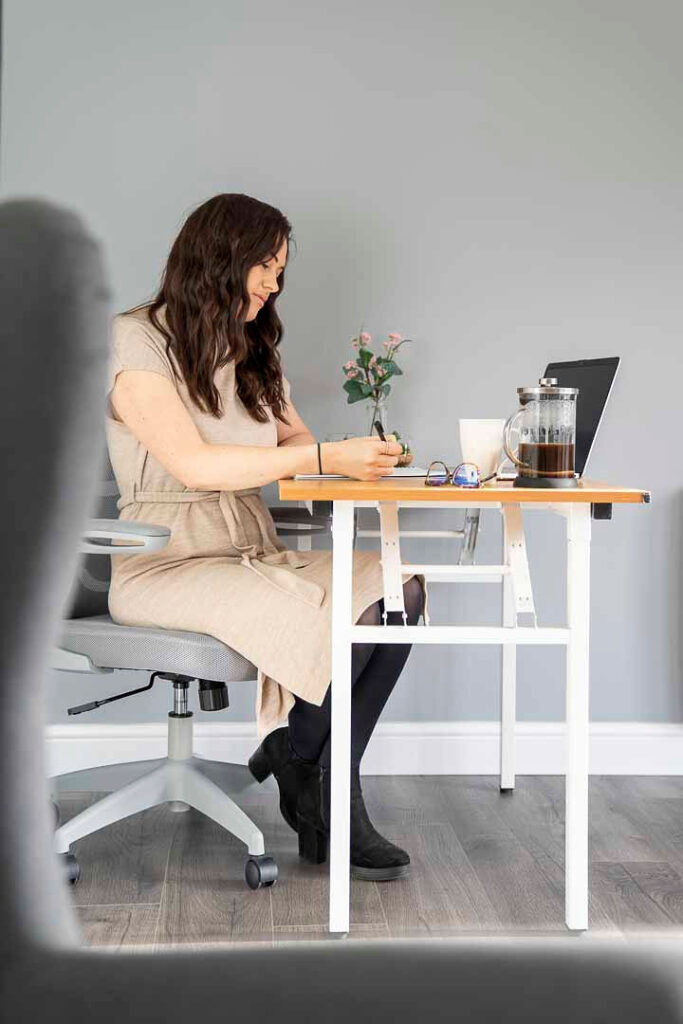What is The Difference Between CBT & Counselling?
The two most common types of psychological treatments for common mental health difficulties like Depression and Anxiety, are CBT and Counselling. The goal of CBT and Counselling is essentially the same, to help you feel better, but the journey of how to get there is different. By understanding the difference between the two therapies, you can identify what sounds like the best fit for you.
What is CBT?
Cognitive Behavioural Therapy (CBT) is a treatment that helps people learn life skills to help them improve their mood and/or anxiety levels. Although in CBT, past experiences are touched upon, the focus is very much on the here and now and how clients can make changes to improve the current problem. For a more in depth explanation, have a look at my blog.
CBT is very structured, and goal orientated so the sessions are based around teaching clients the skills they need to practise to work towards their treatment goals. CBT is more of a “doing therapy,” and involves “homework” or “skills practice,” which is set together and with the aim of helping the client to master the skills on their own. By doing this, the client can eventually become their own therapist and can self-manage their symptoms going forward.
How Does Counselling Work?
Counselling is a type of psychotherapy that involves talking to a professional who has been trained in helping people work through negative feelings and/or experiences. Counselling is a great opportunity to talk things through, get things off your chest and have someone to listen to you and validate your feelings and experiences.
Counselling can also help you make develop insights which may lead to you making more helpful choices and thus improving how you feel. It can be highly effective for helping with problems such as relationship difficulties, changing jobs, a bereavement or loss of some kind and negative past experiences.
Sessions tend to be less structured so the client can discuss whatever is on their mind in that moment, whether that be a current problem or something that they have experienced in the past.
What Does The Research Say?
NICE guidelines set out the different evidence-based treatments that are available for different diagnoses. According to the research, there is more evidence that CBT is the most effective treatment for depression and anxiety, which is why it is the current treatment of choice (see NICE guidelines below). However, which one is best really depends on the individual circumstances and treatment goals.
What Next?
If you are unsure of the right pathway for you, it may be worth having an assessment with a CBT Therapist or Counsellor to have more of an in depth discussion about what the current problem is and what you would like to achieve from having therapy. This way, you can find out more and have any questions answered by a professional.
I offer a free consultation where we can discuss further and help you decide on the most suitable treatment for you. You can book your appointment here.
Useful Links
What Is Cognitive Behavioural Therapy?
https://www.bacp.co.uk/about-therapy/what-is-counselling/
